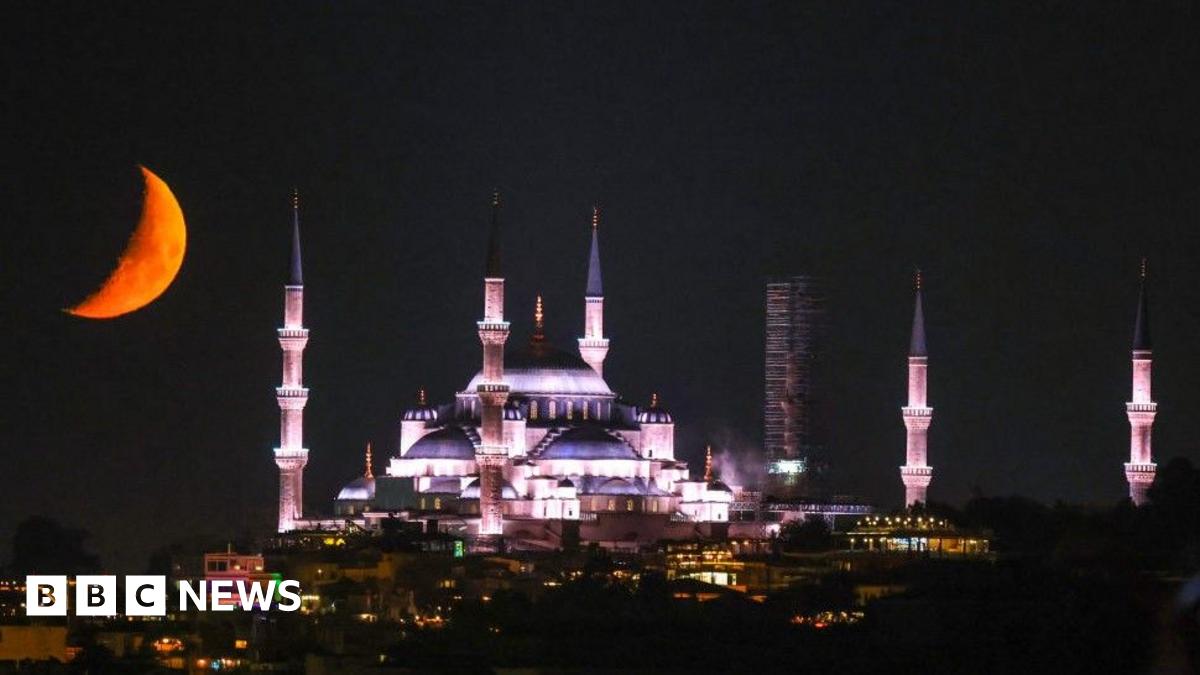VERSATILE MIDDLE EAST RELATIONS
Coincidentally, these visits will coincide. However, they ably display Turkey’s policy of establishing versatile and balanced relations with countries in the region. The Syrian and Iranian visits show a recent rapid development in bilateral relations. The Iranian delegation’s meetings in Ankara will concern security cooperation. Iran has a new stance fitting Turkey’s expectations on the issue. Clearly, the war in Iraq and developments in northern Iraq have paved the way for rapprochement between Turkey and both Iran and Syria. Although the US wants to isolate them, Turkey has been trying to strengthen its ties with these two countries. This stance is also in line with the policy of EU member countries who are trying to carry on relations with Tehran and Damascus. In the words of one Turkish diplomat, this shouldn’t be considered a slap at the US, but the result of the flow of events.
Al-Otari’s contacts in Ankara and Istanbul will be mostly economic in nature. There have been significant developments of late, but many things remain to do in order to reach the desired goals. The current political atmosphere between Ankara and Damascus is appropriate for this. In addition, Olmert’s visit to Ankara is also based on economic reasons, but it has also a political meaning and importance.
Considering the cold winds blowing recently between our two countries, a visit by such a high-level Israeli official is also important. These cold winds are the result of Erdogan’s firm rejection of Israeli Prime Minister Ariel Sharon’s policies towards the Palestinians. Then reports that Israel was training Kurdish peshmerga created a crisis of confidence, although the Israelis denied the allegations. So the distance between Turkey and Israel grew. However, Turkey is trying to continue its relations with Israel in other areas. In sum, Turkey’s political relations with Israel seem to be on hold, whereas our relations in economics and other areas seem to be active.”

